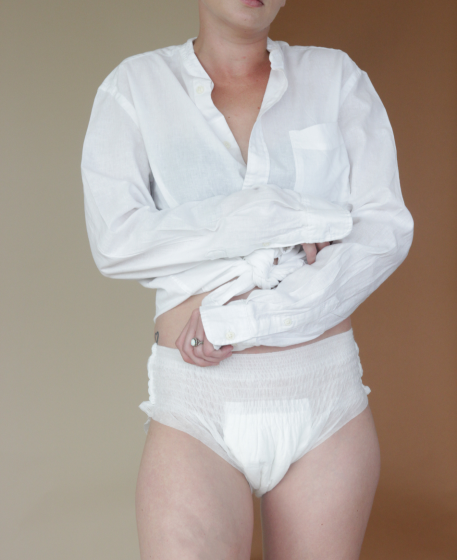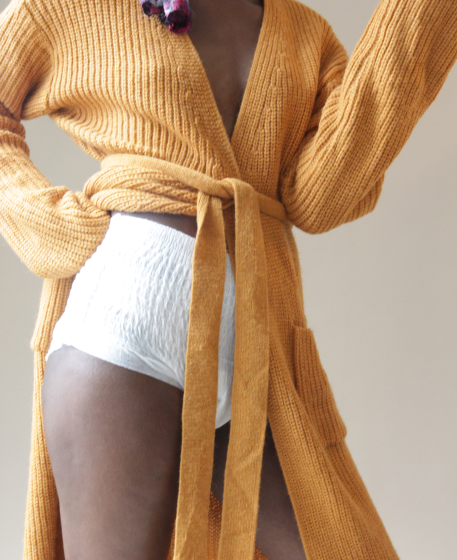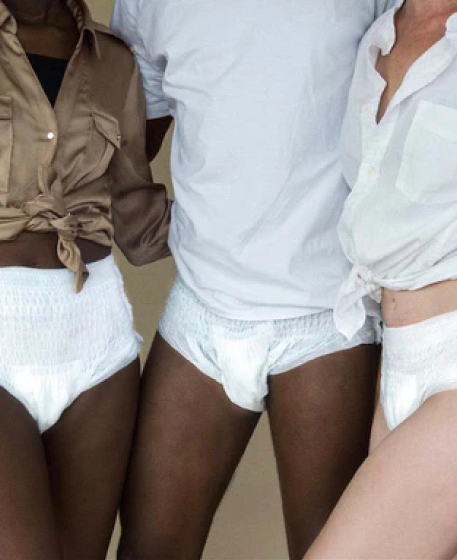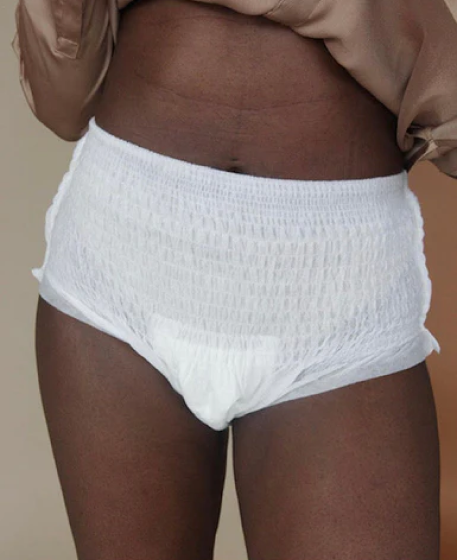- Alcohol: Alcohol in itself doesn’t cause incontinence unless you regularly consume large amounts. But even if you’re just an occasional drinker, alcohol still affects incontinence in two ways: It stimulates a complex biochemical process that causes kidneys to produce more urine. As a result, you might feel like you have to pee more often when drinking. And Alcohol dehydrates the body, which is one of the reasons we get hangovers. It helps to drink water to deal with the hangover, and naturally, when you drink more water, your bladder starts working overtime.
- Caffeine: The culprit in coffee and tea is caffeine. It can increase bladder activity and result in exacerbated symptoms, including higher urgency and frequency of urination, as well as increased incontinence. Reducing or eliminating caffeine intake or switching to decaffeinated varieties can decrease symptoms.
- Carbonated drinks and sparkling water: Carbonated drinks of club soda, seltzer water, and other "sparkling" waters may irritate sensitive bladders. So if you have overactive bladder (OAB), also called urinary "urge incontinence," limit how much you take in.
- Artificial sweetener and colorings: Sugar can stimulate the bladder, causing sudden urges, which may lead to leaks. Even natural sugars, like honey, or artificial sweeteners can cause this irritation.
- Chocolate: Sorry chocolate lovers, but thanks in part to the caffeine content, this sugary treat may spell trouble for an overactive bladder. It doesn't matter if it's dark or milk chocolate, hot chocolate, or chocolate milk (which contains about the same amount of caffeine as decaf coffee).
- Chili peppers: Another bathroom-related reason to avoid that ghost pepper firehouse chili: spicy foods can irritate the lining of your bladder – especially in women. That doesn’t mean you’re stuck with boring flavors though, it might take some trial and error but you can find the balance between a satisfying meal and an evening spent rushing to the bathroom.
- Citrus fruits: Oranges, grapefruits, clementines, lemons, and limes are all acidic and can make it harder to control the urge to pee, whether you eat them or drink their juice.
- Heart and blood pressure medications, sedatives, and muscle relaxants: While a few antidepressants actually help urinary incontinence (Tofranil and Elavil), most can worsen symptoms, at least in some people. Antidepressants can impair the ability of the bladder to contract, worsening symptoms of overflow incontinence, because the bladder can't empty completely. Other antidepressants may decrease your awareness of the need to go to the bathroom.
- Large doses of vitamin C: Good sources of Vitamin C can be found in citrus fruits, green and red peppers, broccoli, Brussel sprouts, cauliflower, leafy greens, sweet and white potatoes, and tomatoes (including tomato juice!). But steer clear of high-dose supplements to avoid aggravating an already leaky bladder.
- Frozen foods: Chemicals and caffeine contained in frozen or packaged meals contribute to increased urination.
Your healthcare provider can help if you avoid or completely eliminate the foods and drinks on this list and still have bladder issues. They'll be able to help determine what the underlying causes of your bladder problems are as well as what treatment plan will work best for you.
At Odinnma we prioritize care and provide plant-based products for adult incontinence designed for protection in comfort and confidence to address bowel and bladder leaks. To make your experience easier, we offer amazing deals and discounts on them.



